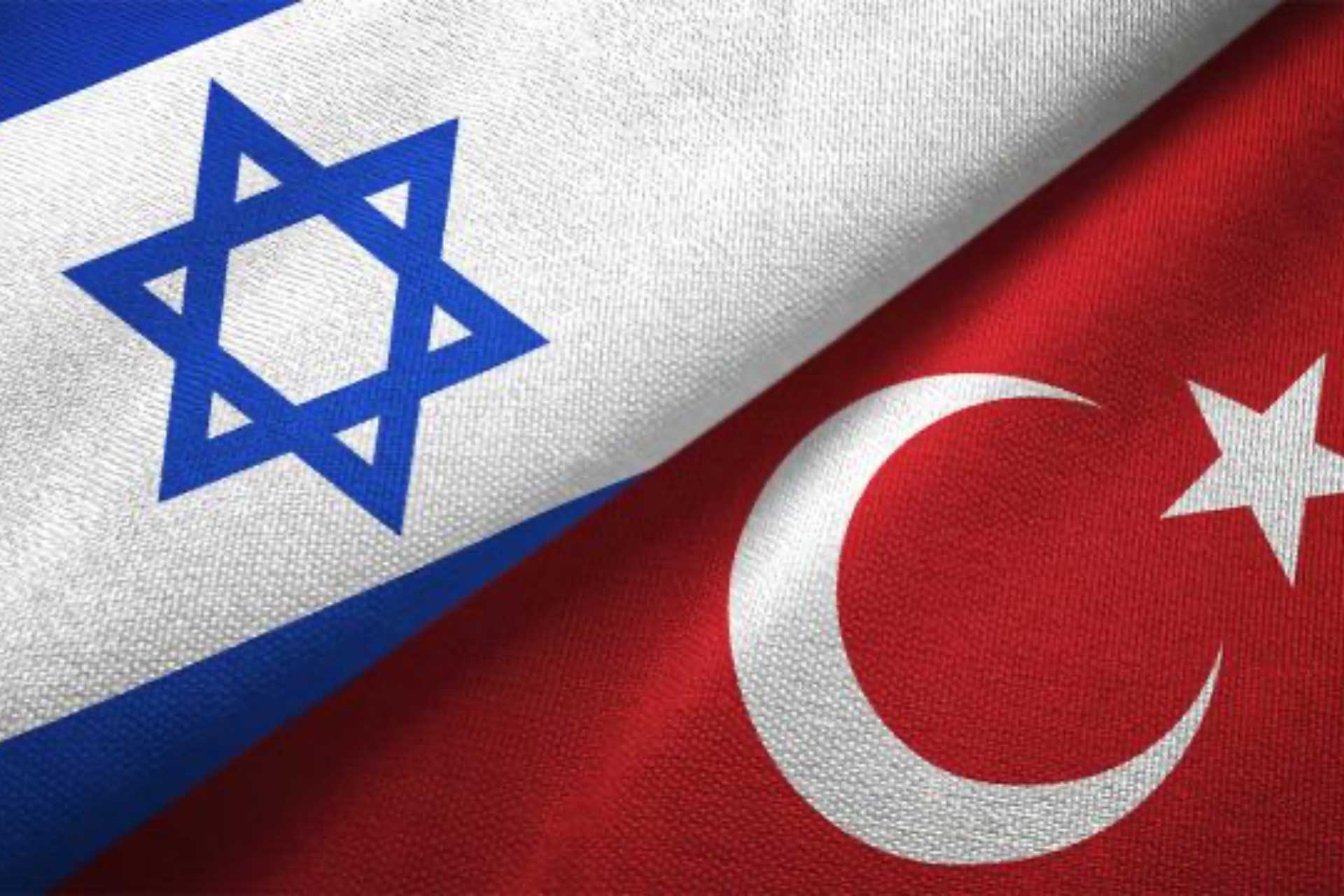Strategic Destiny: Turkey-Israel
Turkey’s relationship with Israel has always been a subject of intense debate and scrutiny within Turkish society. This article aims to shed light on the intricate history of Turkey-Israel relations, offering an objective view that helps the Turkish public better understand the recent developments orchestrated by the Ministry of Foreign Affairs. By delving into the historical milestones of this unique relationship, we hope to present a more comprehensive and reasoned perspective.
Turkey’s recognition of Israel in March 1949 marked a significant diplomatic milestone. Notably, Turkey became the first Muslim-majority country to extend formal recognition to Israel. Though this occurred during the tenure of the CHP government, the groundwork for what would later be termed “deep” relations between Turkey and Israel began with the Adnan Menderes government. This nascent relationship found its roots in the 1958 Peripheral Pact.
Signed during the Democrat Party era, the 1958 Peripheral Pact involved Turkey, Israel, Iran, and Ethiopia. This pact laid the foundation for covert relations between Turkey and Israel. It also showcased both countries’ shared concerns about the expanding Soviet influence in the Middle East. Notably, figures like David Ben-Gurion and Golda Meir, Israel’s founding President and Prime Minister, respectively, went to great lengths, even visiting Istanbul in secret, to secure this pivotal agreement.
Israel played a pivotal role in assisting Turkey in combating the ASALA terrorist organization from 1974 to 1984. Regrettably, the Popular Front Movement for the Liberation of Palestine (PFLP), an extremist faction of the Palestine Liberation Organization (PLO) led by George Habash, had been supporting ASALA since the 1960s. Furthermore, the PKK was involved in a meeting organized by the PLO and ASALA in Sayda in 1980, highlighting their anti-Turkey stance.
After the expulsion of the PLO from Lebanon in 1982, ASALA, along with Palestinian terrorist groups, came to roost in the Bekaa valley. Pursuant to the 1958 Peripheral Pact I mentioned above, Ariel Sharon, entered Lebanon in 1982 and destroyed the Palestinian camps as well as the ASALA camps and extradited the ASALA members he captured to Turkey.
Another significant chapter in Turkey-Israel relations unfolded during the Cyprus Peace Operation. Israel, which aligned more closely with Turkey’s stance on Cyprus, rescued the crew of the Kocatepe ship, sunk shortly after the operation, and brought them to Haifa port.
Israel’s influence extended to the capture of Abdullah Öcalan from the Greek Embassy in Kenya. Israel, known for its intelligence capabilities, was a key player in East Africa. The coordinated efforts of MIT and MOSSAD in Öcalan’s capture underscored the strategic partnership between the two countries.
In conclusion, international relations are seldom one-dimensional. Turkey’s relations with Israel, despite prevalent negative perceptions, have consistently aligned with Turkish interests since 1949. The milestones discussed herein represent the core of this special relationship. While relations have faced challenges since the 2010s, recent developments indicate a return to the historical trajectory. It is crucial to maintain this alignment, as any Middle Eastern equation without Turkey and Israel on the same side is destined to falter. This partnership should transcend changes in government, relying on a consistent, policy-driven approach.
By revisiting the history and complexities of Turkey-Israel relations, we hope to provide a more nuanced perspective to the Turkish public and promote a deeper understanding of the ongoing diplomatic efforts led by the Ministry of Foreign Affairs.




Comments